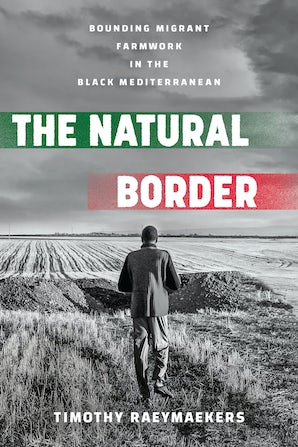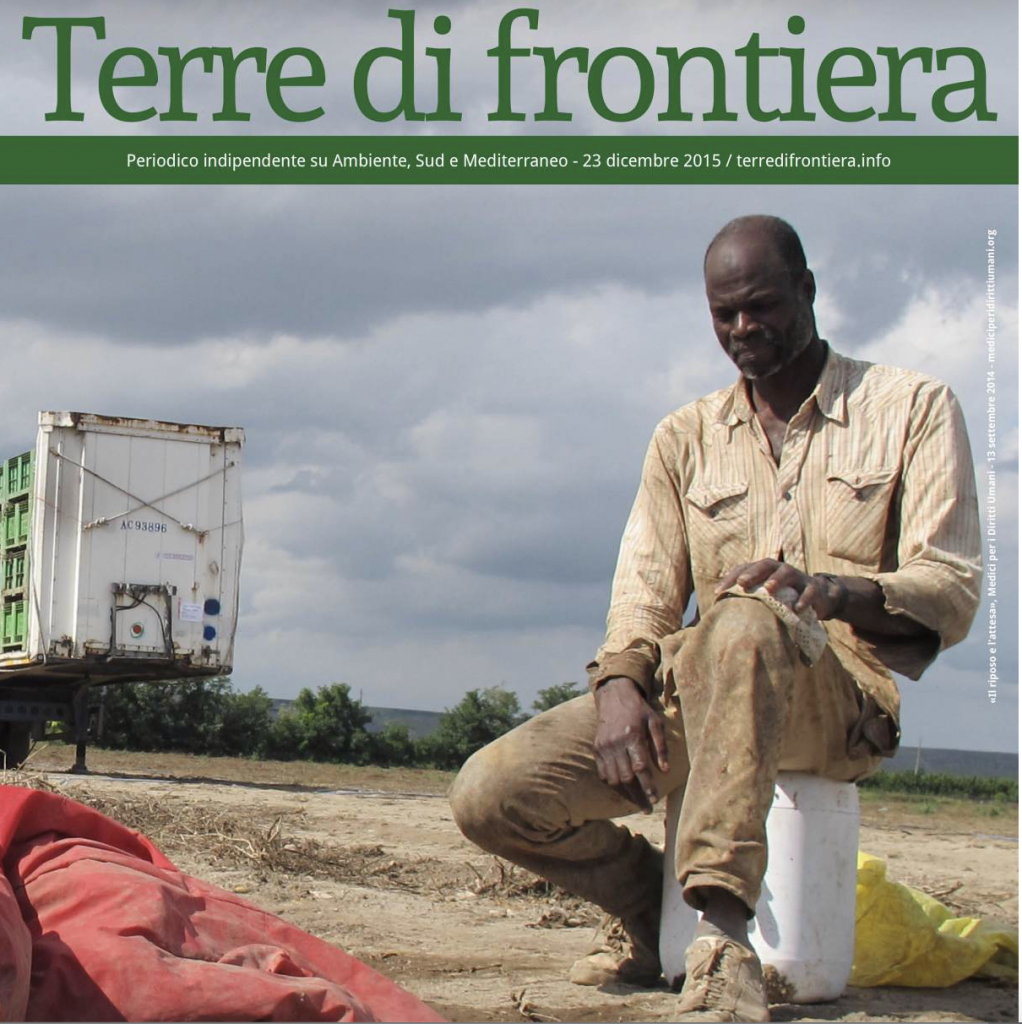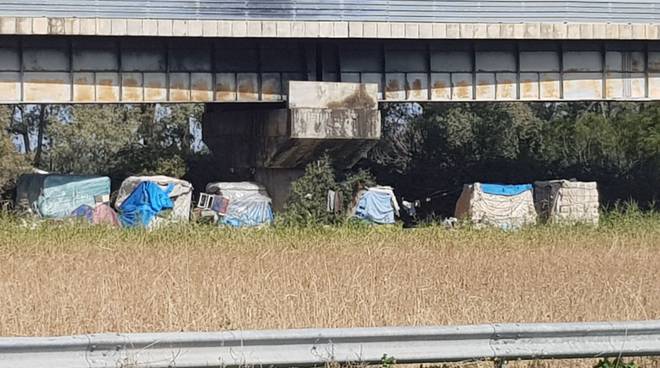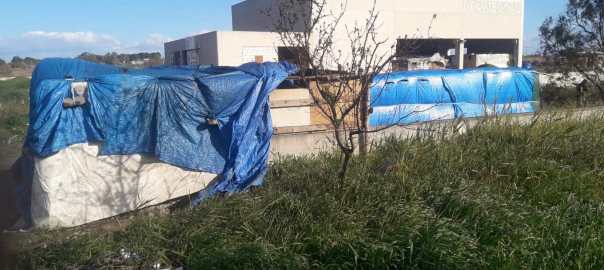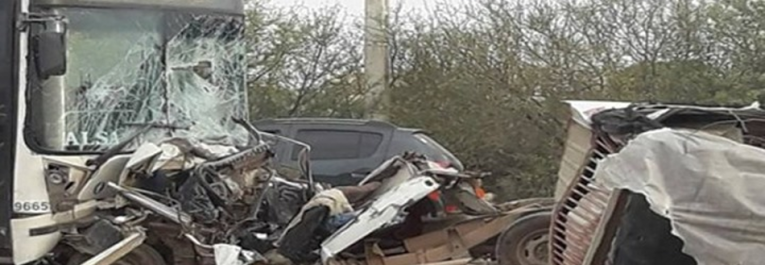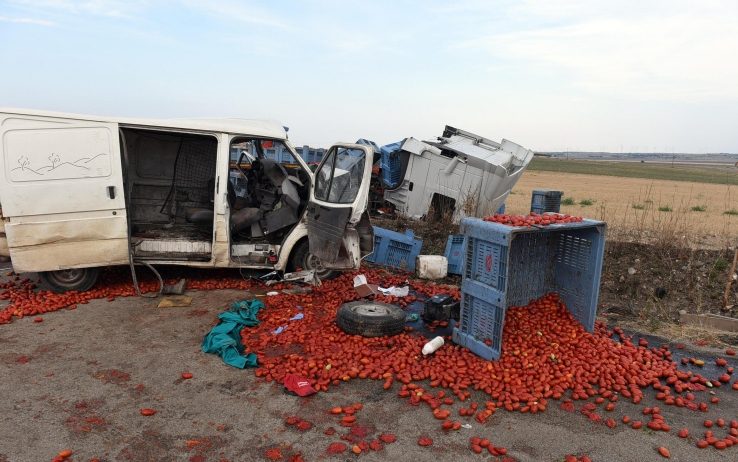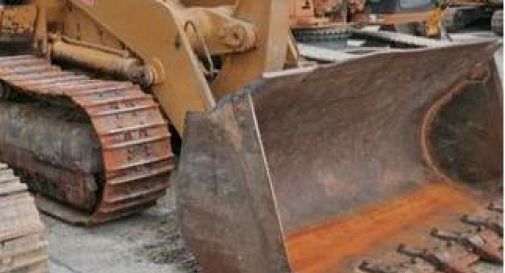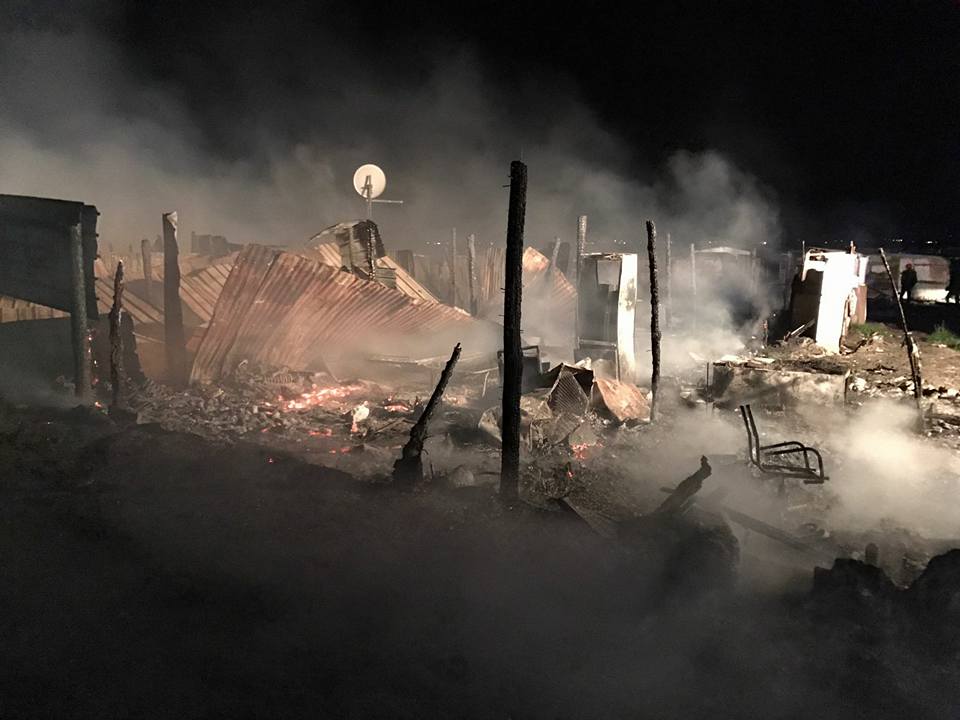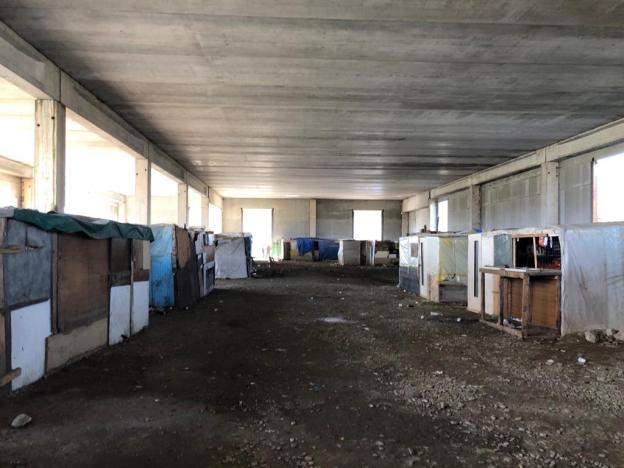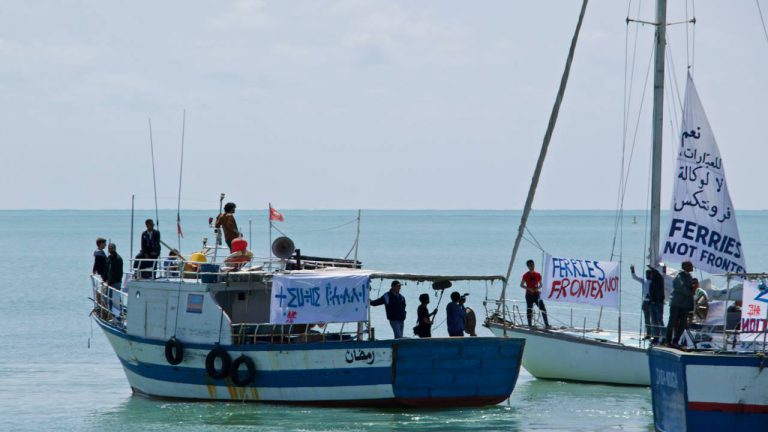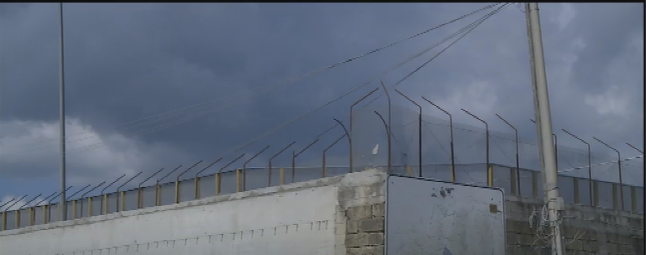On the 11th of June 2018, the Italian government closed its harbours to the NGO ship Aquarius while it was carrying more than 600 migrants rescued at sea. This dramatic and yet foreseeable decision is the culmination of years of virulent attacks against migrants and those who stand in solidarity with them, across the Mediterranean, in Europe and around the world. It is yet another expression of the intolerable violence of borders that leads to the mass dying at sea, in deserts, and within our very communities. It is yet another manifestation of the campaign of criminalisation that has led to the seizure of rescue ships, to accusations of smuggling directed against their crews as well as some of the rescued, and even to the imprisonment of human rights defenders. And it is underwritten by a ruthless deterrence policy and agreements made with dictatorial allies in Libya, Turkey, and elsewhere.
Several municipalities as well as non-governmental and self-organised groups active in different cities have mobilised against this state of affairs, against the crimes and atrocities committed by national governments and supranational institutions. Some of us met in Palermo in late May in order to discuss precisely the scenario of closed harbours that has now become a reality. We want to call on others to join forces and mobilise together with us, against this rising tide of oppression.
Call for Safe and Open Harbours!
Cities of Solidarity and Refuge against the Barbarity of Racism and closed Borders
We are human rights defenders, trade unionists, precarious workers, activists, mayors, lawyers and researchers. We belong to migrant communities, non-governmental organisations, and church groups. We are self-organised groups, individuals and institutions. We live in small and big cities, in communities that welcome newcomers and find ways to live in common. We come together because we want to build and spread transnational structures of solidarity for an open society with equal rights for everybody. What brings us together is a refusal of the racist and authoritarian drift carried by many governments, national parties and movements across Europe and beyond.
Toward Transnational Structures of Solidarity – Safe Harbours Now!
We know all too well that rescue at sea is not the solution to migrants dying on their journeys to Europe. Nobody should have to risk their lives to travel somewhere. But we also know that, in the current situation, we need search and rescue missions, and we know that they depend on ‘safe harbours’, whether these are physical docklands on the coast or just inland communities offering refuge. This is why we want our cities to become safe harbours, which we define as follows, beyond the framework of existing legal definitions and arrangements:
1) A Safe Harbour is an open space, where people are welcomed and assisted regardless of their origins, race, gender and class. It is a place that is open to the city, where civil society actors can enter and monitor the situation.
2) A Safe Harbour is a disobedient space, where voices are heard that denounce racist agitation, any attempt to block arrivals, and any policy of deterrence.
3) A Safe Harbour is a space where human rights are respected, where people are not exposed to the risk of torture, persecution, or inhuman and degrading treatments.
4) A Safe Harbour is a space where the right to mobility is enacted, where people are granted the possibility to stay but also to move on.
5) A Safe Harbour is a place where neither migrants nor those who stand in solidarity with them are criminalised – neither for driving the boat on which they travelled, nor for rescuing people in distress at sea, neither for giving migrants independent information, nor for helping them to continue their journey.
We want to turn our cities into spaces of inclusion, not exclusion, of refuge and sanctuary, not deterrence. We struggle for communities of welcome and against those of segregation. As a new alliance, we want to foster intra-municipal and trans-national solidarity that allows people to move freely from their first place of disembarkation to other destinations within and beyond the country where they first landed, beyond any hotspot-, Dublin- and relocation system.
Open the harbours now! Open the cities! End the death of migrants at sea!
